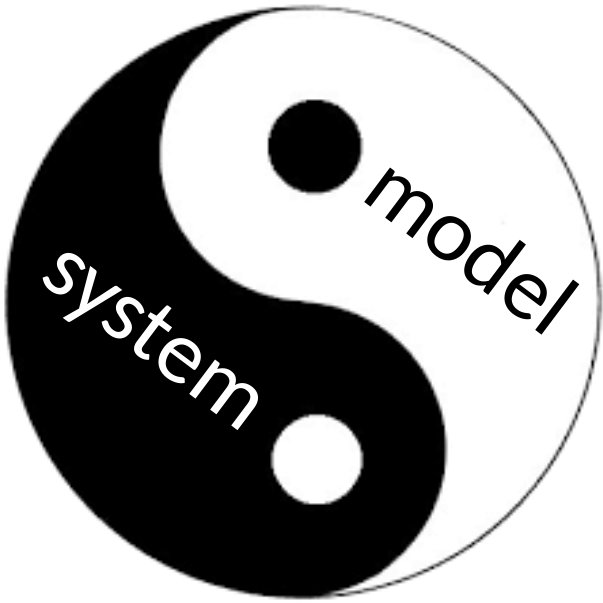
The 16th International Workshop on Models@run.time
in the Era of Emerging Computing Paradigms
at ACSOS 2023, 25th Sept. '23, Toronto, Canada
Conference
2023
| Call for Paper |
| Submission |
| Keynote |
| Program |
| Organizers |
| Committees |
| Past Editions |
| Contact |
Call for PapersThe complexity of adapting software during runtime has spawned interest in how models can be used to validate, monitor and adapt runtime behaviour. The use of models during runtime extends the use of modelling techniques beyond the design and implementation phases. The goal of this workshop is to look at issues related to developing appropriate model-driven approaches to managing and monitoring the execution of systems. We aim to continue the discussion of research ideas and proposals from researchers who work in relevant areas such as MDE, software architectures, reflection, and autonomic and self-adaptive systems, and provide a "state-of-the-art" research assessment expressed in terms of challenges and achievements.
The objectives of this year's edition of the models@run.time workshop are: A literature survey on models@run.time has been published in the Software and Systems Modelling Journal in 2019 (here). As a result, this year, we (i) strengthen the focus of the workshop on new hot topics, which are at an early stage of research, and call for new types of submissions as described below. Topics of InterestPapers on models@run.time can relate (but are not limited) to the following domains:
We strongly encourage authors to address the following topics in their papers:
SubmissionThe workshop participants will be selected based on their experience and ideas related to this maturing field. You are invited to apply for attendance by sending a full paper (6 pages) on original research, lessons learned from realizing an approach or experiences on transferring a research prototype into practice. Additionally, you can apply for a lighting talk to present yourself to the community by submitting an abstract only, which will not be published. All papers must conform to the IEEE formatting guidelines, which can be found at: https://www.ieee.org/conferences/publishing/templates.html. At least three PC members will review each submission. The authors will be notified about acceptance before the ACSOS 2023 early registration deadline. You can submit your papers via EasyChair here. PublicationAll papers will be published as IEEE proceedings. Organizers
Program Committee
|
Important Dates
|
News
|
Survey
|